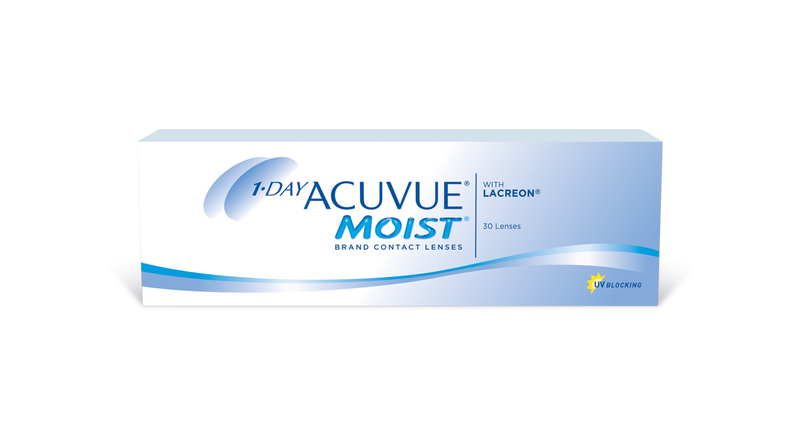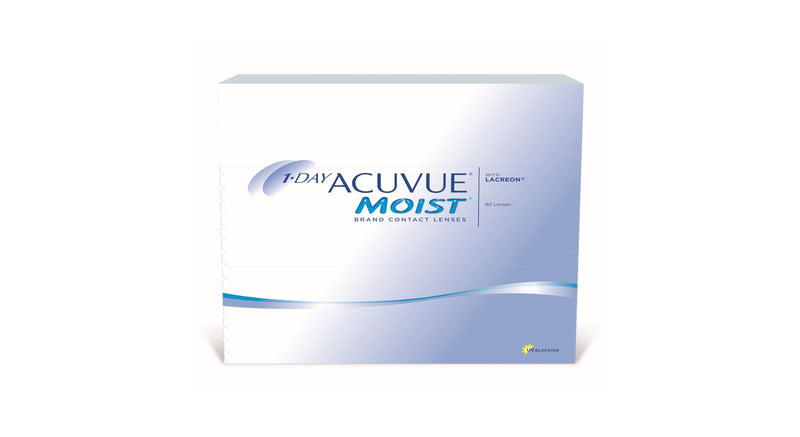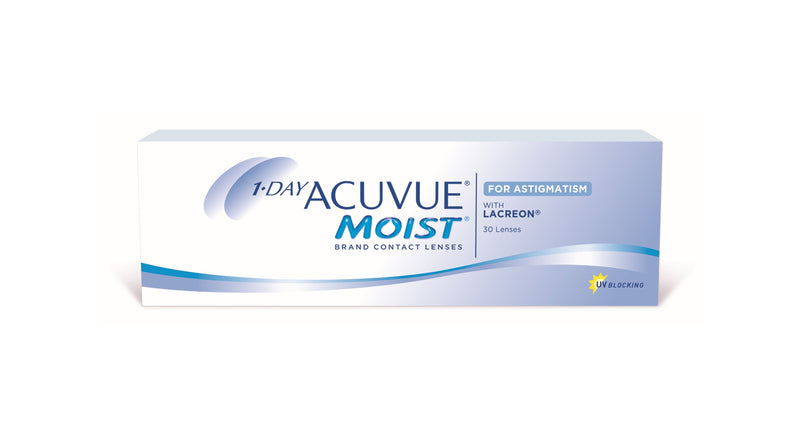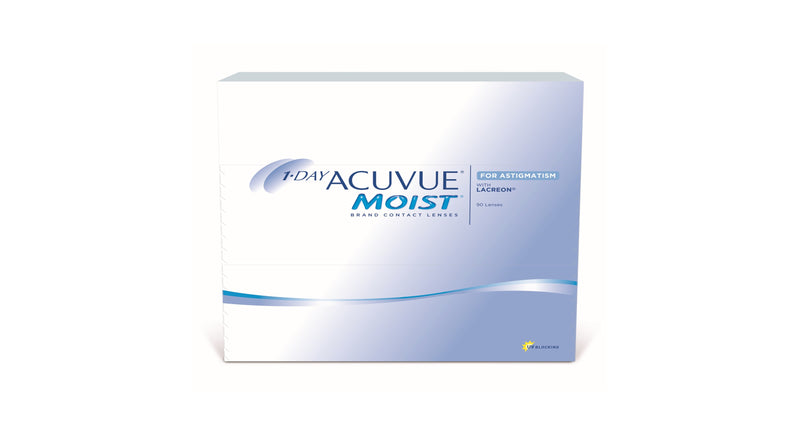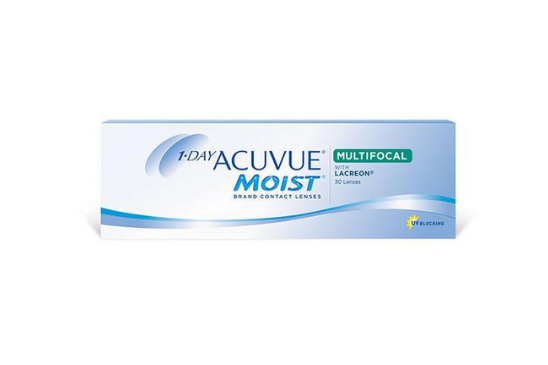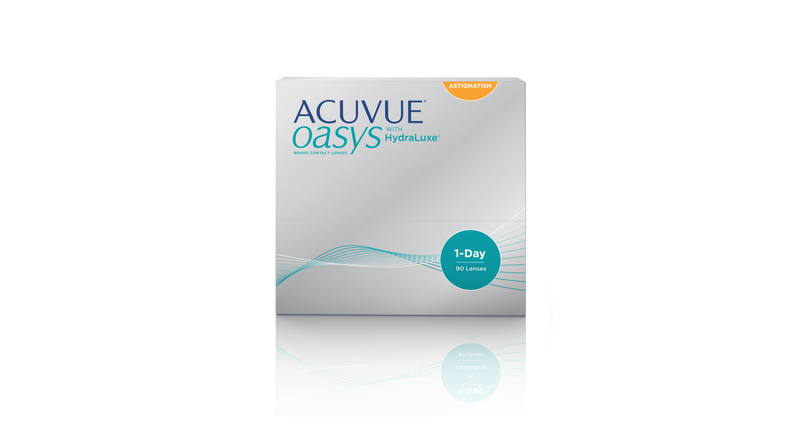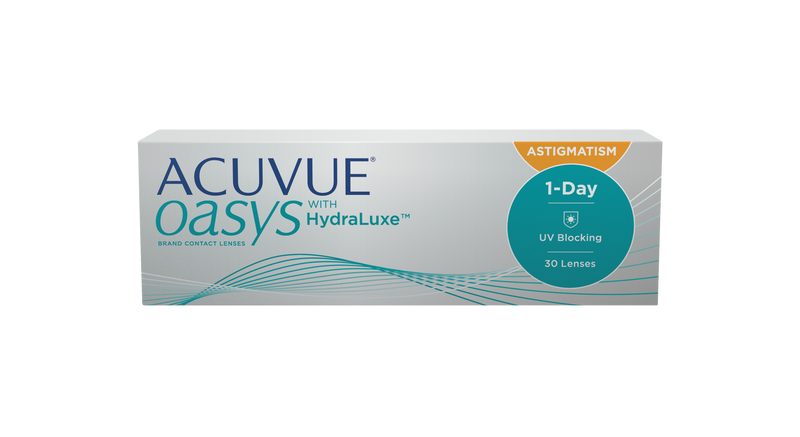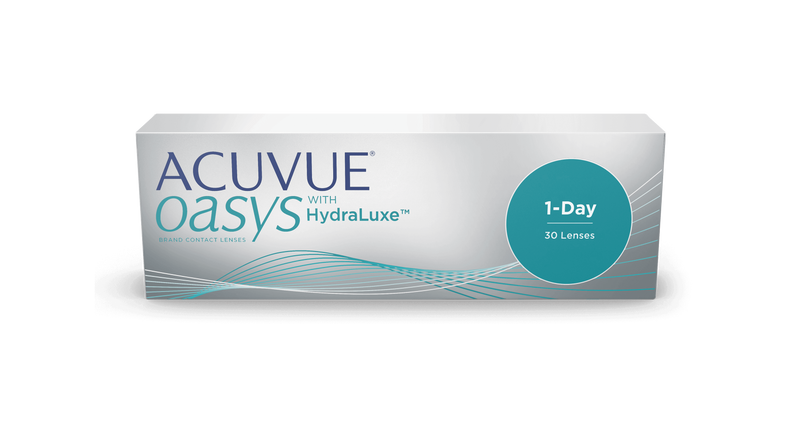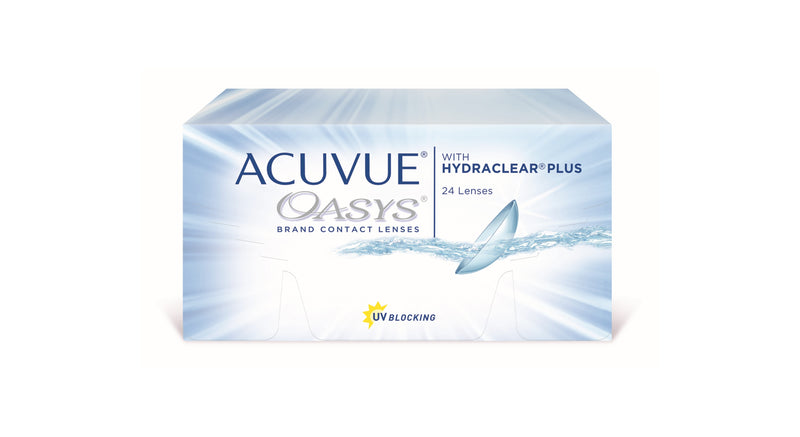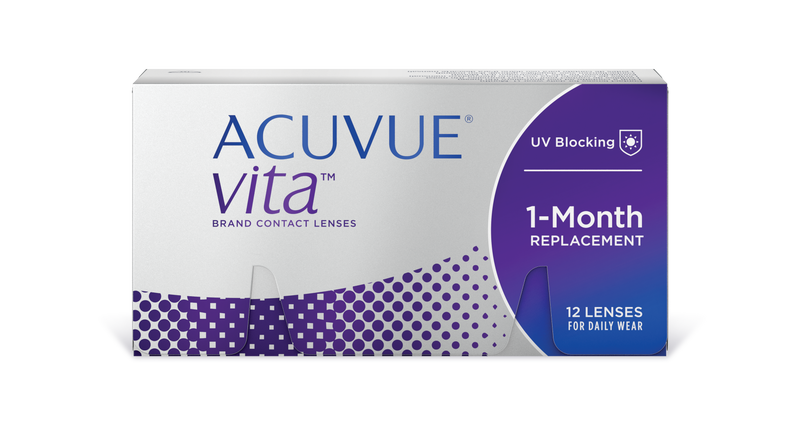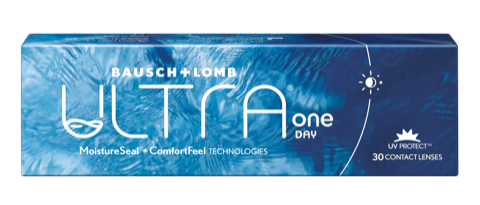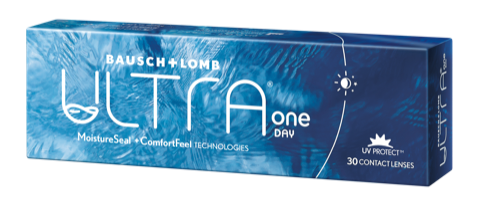
Understanding Vision Therapy
Share
Vision therapy is often compared to physical therapy for your eyes and brain. However, the effectiveness of behavioral vision therapy has been questioned, as it has not been proven by science to work. Vision therapy work involves personalized exercises that train the eyes and brain to work together, developing and enhancing fundamental visual skills and abilities. It addresses visual problems and enhances visual skills through a personalized, non-surgical treatment program. Whether you’re experiencing daily visual challenges or seeking cognitive visual improvements, this guide will explore how vision therapy can benefit you.
What is Vision Therapy?
Vision therapy involves a series of customized exercises designed to improve the coordination and efficiency of the eyes and brain. It is a doctor-supervised program designed to improve the function of the visual system. Orthoptic vision therapy, also known as orthoptics, is a type of eye exercise aimed at improving binocular function. Conducted under the supervision of a trained optometrist, these exercises help correct eye alignment, tracking, focusing, and processing issues.

Who Can Benefit from Vision Therapy?
Vision therapy is suitable for individuals of all ages experiencing various visual difficulties. Lacking the necessary visual skills can directly impact reading, writing, learning, school performance, and even sports.
-
Children and Adults with Binocular Vision Problems: Effective for treating conditions like amblyopia (lazy eye) and strabismus (crossed eyes), which can impact learning and reading.
-
People with Visual-Motor and Visual Perceptual Difficulties: Enhances eye movement accuracy and reduces eye strain, which is particularly beneficial for those who spend extensive hours in front of computer screens.
-
Individuals Experiencing Visual Stress: Helps those suffering from computer vision syndrome or recovering from visual trauma.
-
Individuals Recovering from Brain Injury: Vision therapy can assist those recovering from brain injuries or concussions by addressing acquired visual issues.
-
-
Athletes: Improves visual processing speed, accuracy, depth perception, and hand-eye coordination, essential for sports performance.
What to Expect from a Doctor Supervised Vision Therapy Program?
Vision therapy programs are carefully structured to meet the specific needs of each patient and involve the following components in a doctor supervised program:
-
Comprehensive Initial Evaluation: The process starts with an in-depth visual exam to tailor the therapy to your specific needs.
-
Regular In-Office Sessions: Typically lasting 30 to 45 minutes, these sessions occur weekly and utilize specialized equipment like lenses, prisms, and digital exercises to train the visual system.
-
Home Exercises: To supplement office sessions, at-home exercises are prescribed to reinforce improvements and accelerate progress. Eye exercises play a crucial role in improving binocular function, treating eye movement problems, and managing amblyopia.
-
Ongoing Assessments: Progress is regularly evaluated, and adjustments are made to ensure the therapy is effective and meets your visual goals.
How long does a vision therapy program typically last?
The duration of a vision therapy program can significantly differ from one person to another, depending on specific visual needs and therapeutic goals. Generally, vision therapy plans range from a few weeks to several months. The sessions are typically held once or twice a week and are designed to be flexible to accommodate the unique pace of progress each patient experiences. Understanding that this is a commitment to improving your visual health is crucial for anyone considering vision therapy. Regular sessions and consistency are key factors in achieving the desired vision correction and improvement outcomes.
Are there any side effects of vision therapy?
Vision therapy is renowned for its safety and non-invasive nature, making it a preferred choice for treating and improving various visual disorders. Unlike surgical procedures, vision therapy has minimal to no serious side effects. Some individuals might experience mild side effects such as temporary tiredness or slight headaches following particularly intense therapy sessions. However, these symptoms are typically short-lived and diminish as the body adjusts to the therapy. This safety profile makes vision therapy a low-risk option for enhancing visual skills and addressing visual issues.
What is the success rate of vision therapy?
The effectiveness of vision therapy can vary based on several factors, including the specific visual condition being treated, the patient’s engagement in the treatment, and their adherence to the prescribed regimen. Vision therapy can also help treat double vision, which is often associated with difficulties in reading, avoiding assignments, and experiencing headaches and eye fatigue. Despite these variables, many patients report significant improvements in their visual capabilities and overall quality of life due to vision therapy. Vision therapists play a crucial role in the therapeutic process, using specialized tools and supervising treatment sessions under the eye doctor's guidance. Improved visual function enables the brain and eyes to work together effectively, impacting learning, sports performance, and overall information processing. Success stories range from enhanced reading and learning abilities to better performance in sports and daily activities. These improvements underscore vision therapy’s role as a highly beneficial treatment for those committed to improving their visual health.

Vision therapy significantly improves how you process visual information, making daily activities and complex visual tasks more accessible. Vision training enhances visual skills and abilities, such as dynamic depth perception, eye-hand coordination, peripheral awareness, and visualization skills, which are crucial for sports performance. Whether you’re looking to resolve a longstanding vision issue or enhance your overall visual capabilities, vision therapy can provide a substantial benefit. Schedule an appointment with us at Look Optometry to discover how our personalized vision therapy programs can help you achieve optimal eye health.
